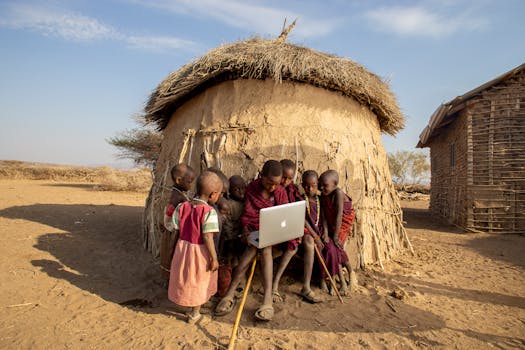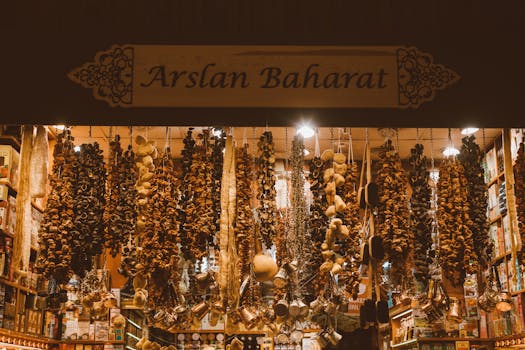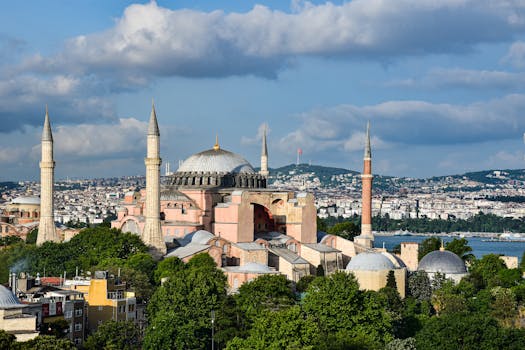
The Vibrant Tapestry: How Globalization Shapes Local Cultures
Takeaways: Globalization has a significant impact on local cultures, leading to both opportunities for cultural exchange and challenges of cultural homogenization. Understanding these dynamics is essential for preserving cultural identity while embracing global interactions.
Globalization has transformed the way we interact, communicate, and conduct business across the globe. As borders blur and economies intertwine, the influence of globalization on local cultures becomes increasingly apparent. This article delves into the myriad ways globalization affects local cultures, highlighting both its enriching potential and the challenges it presents.
Understanding Globalization and Its Influence

One of the primary effects of globalization is the increased exchange of ideas, values, and practices between different cultures. This cultural exchange can lead to the enrichment of local traditions. For instance, culinary practices may evolve as local chefs incorporate international flavors, creating unique fusion cuisines that reflect both local and global influences.
However, globalization can also result in cultural homogenization, where dominant cultures overshadow and diminish local traditions. The widespread availability of Western media, for example, can lead to the adoption of foreign lifestyles and values, often at the expense of indigenous cultures. This raises concerns about cultural identity and the preservation of local customs.
The Positive Aspects of Globalization on Local Cultures

Moreover, globalization can enhance economic opportunities for local communities. By integrating into the global market, local artisans and producers can reach a wider audience, promoting their cultural heritage through handicrafts, traditional foods, and unique experiences. This not only supports local economies but also encourages cultural pride and awareness.
Additionally, globalization facilitates cultural exchange programs, tourism, and international collaborations that allow communities to showcase their heritage. Festivals, art exhibitions, and cultural fairs often attract global attention, providing platforms for local cultures to thrive and evolve while maintaining their uniqueness.
The Challenges of Globalization to Local Cultures

Furthermore, the rapid pace of globalization can lead to a sense of cultural dislocation. Individuals may feel disconnected from their roots as they navigate the complexities of a globalized world. This can result in a loss of cultural heritage, language, and traditional practices, as younger generations gravitate towards more dominant cultures.
To mitigate these challenges, communities must actively engage in cultural preservation efforts. This can include educational initiatives that promote awareness of local customs, languages, and histories. Additionally, supporting local businesses and artisans can help sustain cultural practices and ensure their survival in the face of global influences.
Conclusion








